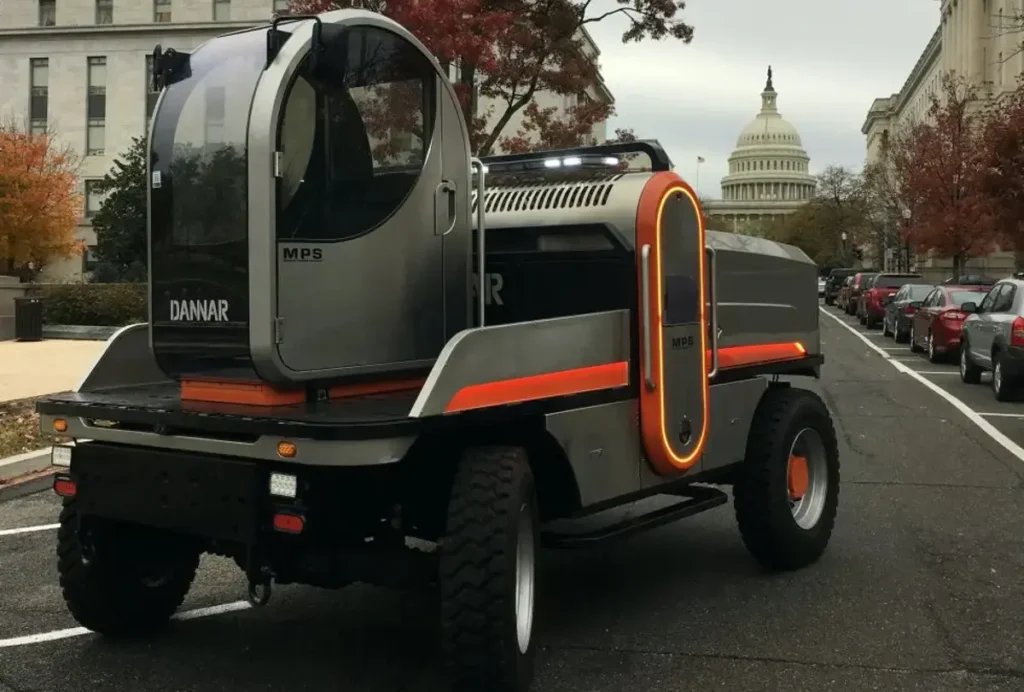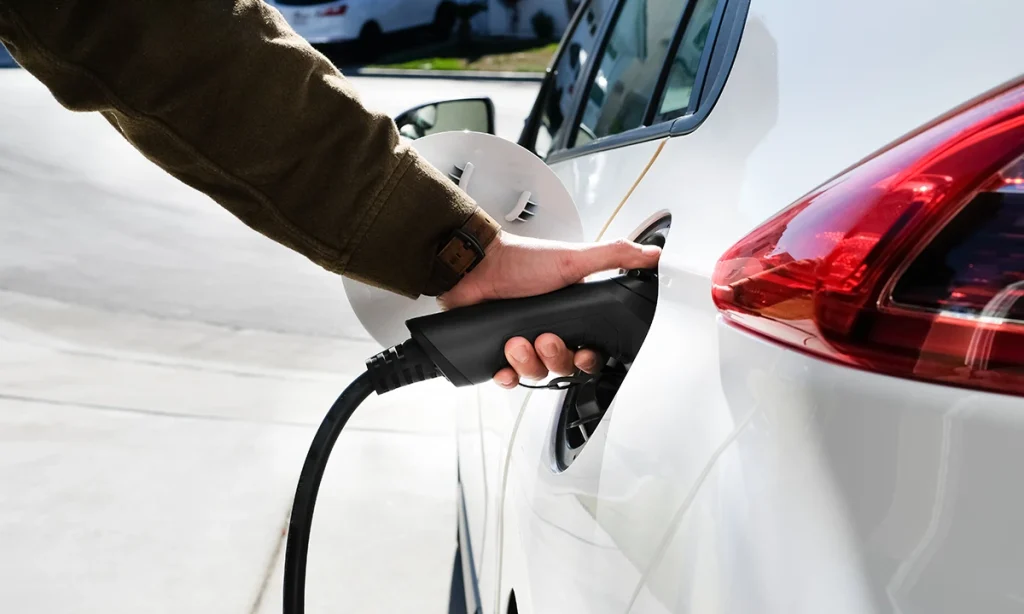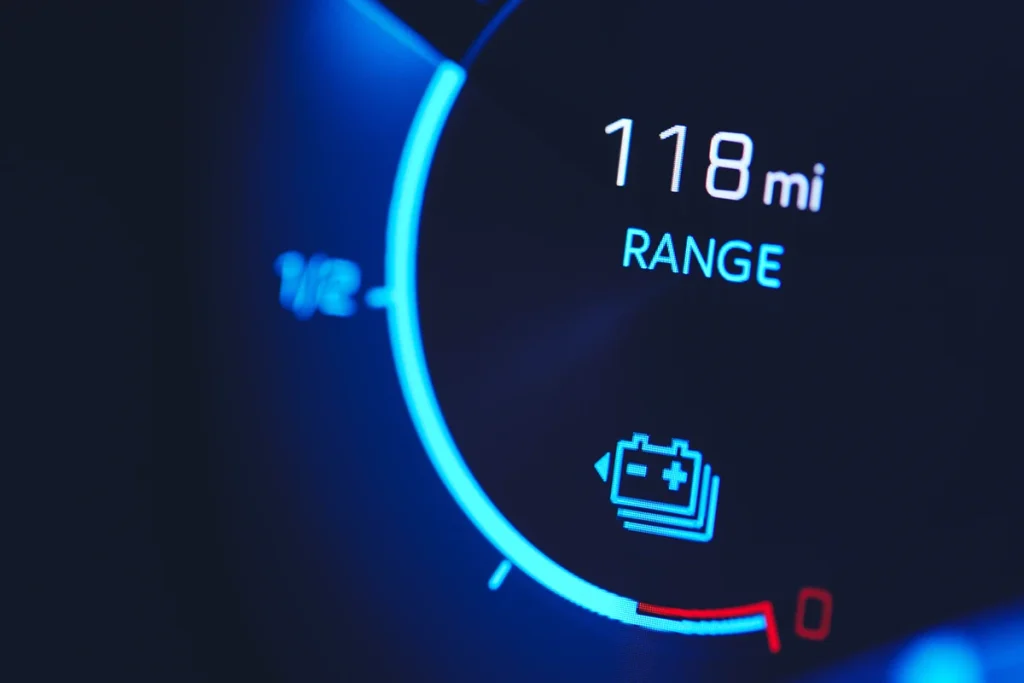Dannar, a US company, is capitalizing on the inherent energy storage capabilities of electric vehicles (EVs) with their innovative wheeled workhorses. These unique vehicles are designed to replace diesel generators and other off-road equipment, offering a sustainable alternative. While their appearance may be unconventional, they boast powerful EV batteries sourced from BMW and have garnered attention in a Department of Defense showcase highlighting extended-duration energy storage technologies.
Featured Image source: live.mrf
The collaboration between Dannar and BMW in developing EV batteries for off-road use began around 2015. The result was a groundbreaking heavy-duty electric vehicle specifically designed for infrastructure maintenance and disaster response—a first-of-its-kind in its category.
By 2017, Dannar was prepared to introduce its new Mobile Power Station® off-road work vehicles equipped with BMW i3 EV batteries. These vehicles feature a steel ladder frame and 40,000 lb. rated axles, allowing them to accommodate multiple BMW i3 battery packs. This configuration enables the Mobile Power Station to serve as a mobile energy storage unit capable of carrying a considerable energy load.
Dannar’s integration of BMW i3 EV batteries into their work vehicles showcases their commitment to sustainable energy solutions. By harnessing the power of EV technology, they offer a reliable and eco-friendly alternative to traditional diesel-powered equipment. The use of BMW EV batteries provides the Mobile Power Station with an efficient and robust energy storage system, making it a viable solution for various applications in off-road work scenarios.
In 2020, the partnership between these two caught the attention of the AFWERX energy innovation challenge, which led to a significant Defense Department initiative called the Defense Innovation Unit. This initiative aims to showcase new technologies for extended-duration energy storage. Alongside Dannar’s mobile lithium-ion EV batteries, the project includes stationary flow batteries from CellCube and Redflow.
The project, known as “Extended Duration for Storage Installations,” has a clear objective: to increase the minimum power threshold and uptime for batteries, bases, and battlefield energy. By doing so, it will enable the establishment of resilient backup power systems for Department of Defense installations and operational energy platforms.
As part of this project, Dannar will contribute four different configurations of its i3 EV battery solution. These vehicles will not only support electric VTOL aircraft at Air Force sites but also participate in evaluations for vehicle-to-grid and vehicle-to-vehicle resilience under the guidance of the Navy and Marine Corps.
The DIU initiative is centered on “extended” duration energy storage, which involves generating power between 50 kilowatts and 1 megawatt for at least eight continuous hours. This degree of storage capability will spur new efficiencies in electric VTOL operations.
The Defense Department’s contribution to the promotion of electrification and renewable energy has been substantial. It has been one of the early adopters of utility-scale solar power and is currently exploring the potential of microgrids, electric vehicles, and innovative EV battery technologies. Solid-state EV batteries are gaining significant attention, and Dannar has joined forces with Advent Technologies to design a zero-emission range extender for its fleet of electric vehicles. Fuel cells are also under consideration as environmentally friendly mobility solutions for military purposes.
The Dannar-BMW partnership represents a promising step towards the implementation of EV batteries in off-road task vehicles, reflecting a greener, more efficient approach to field energy storage.


